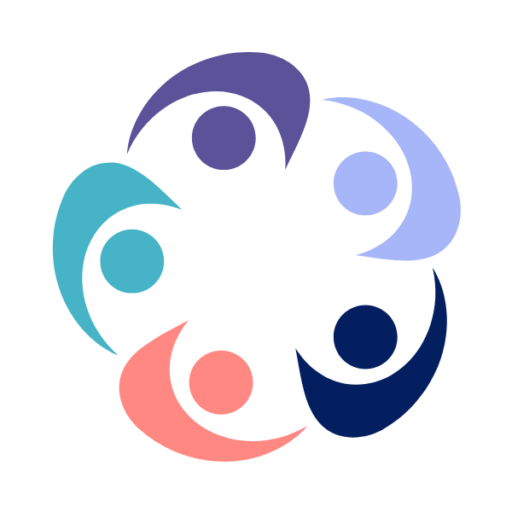Decoding Cultures- Switzerland
« Special Case » Switzerland-
Swiss Particularism & Core Concepts
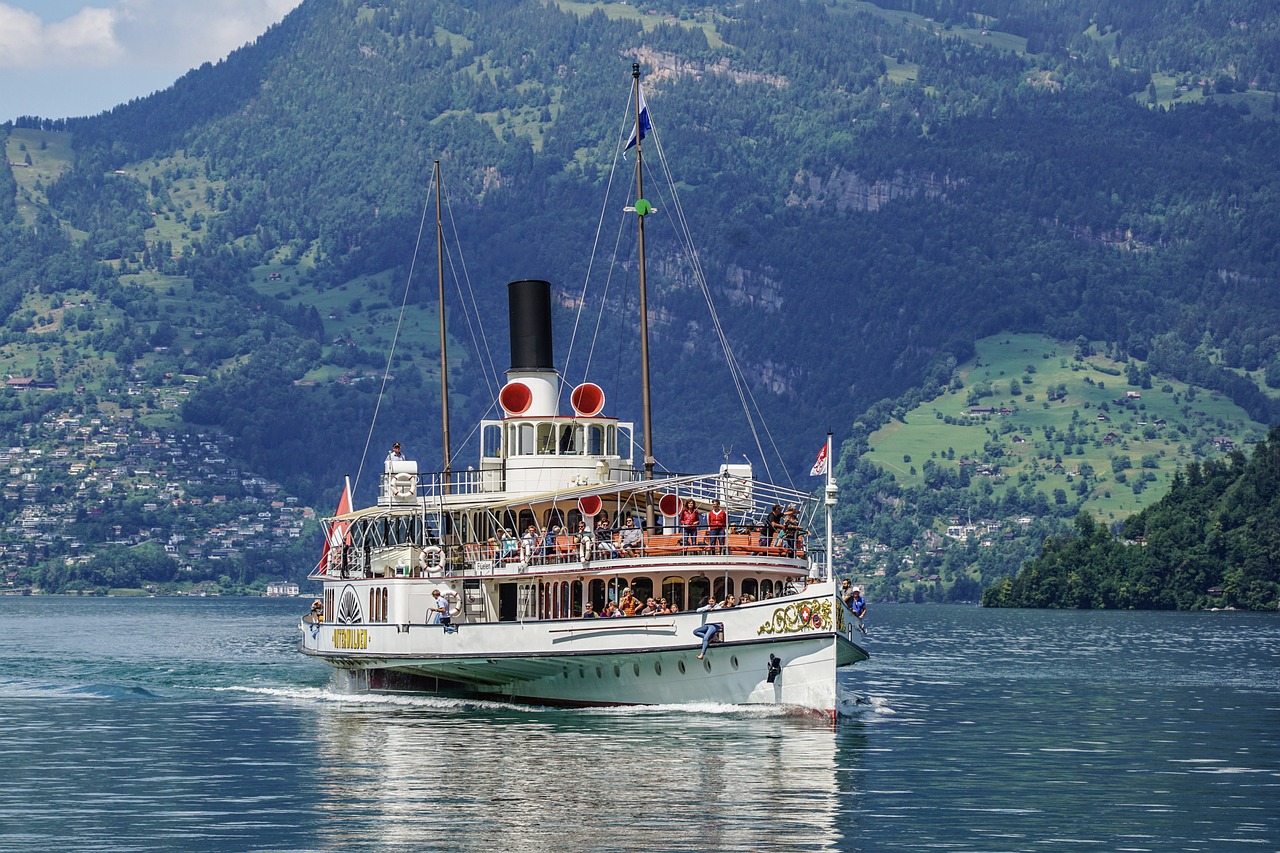
« SONDERFALL » SWITZERLAND-
Fundamental elements of its national identity
Switzerland’s exceptionalism is attributed to distinctive institutions like neutrality, federalism and direct democracy, and also to the way the Swiss cope with their social, religious and linguistic diversities within a nation-state, leading one foreign authority to call the country a ‘paradigm of integration’.
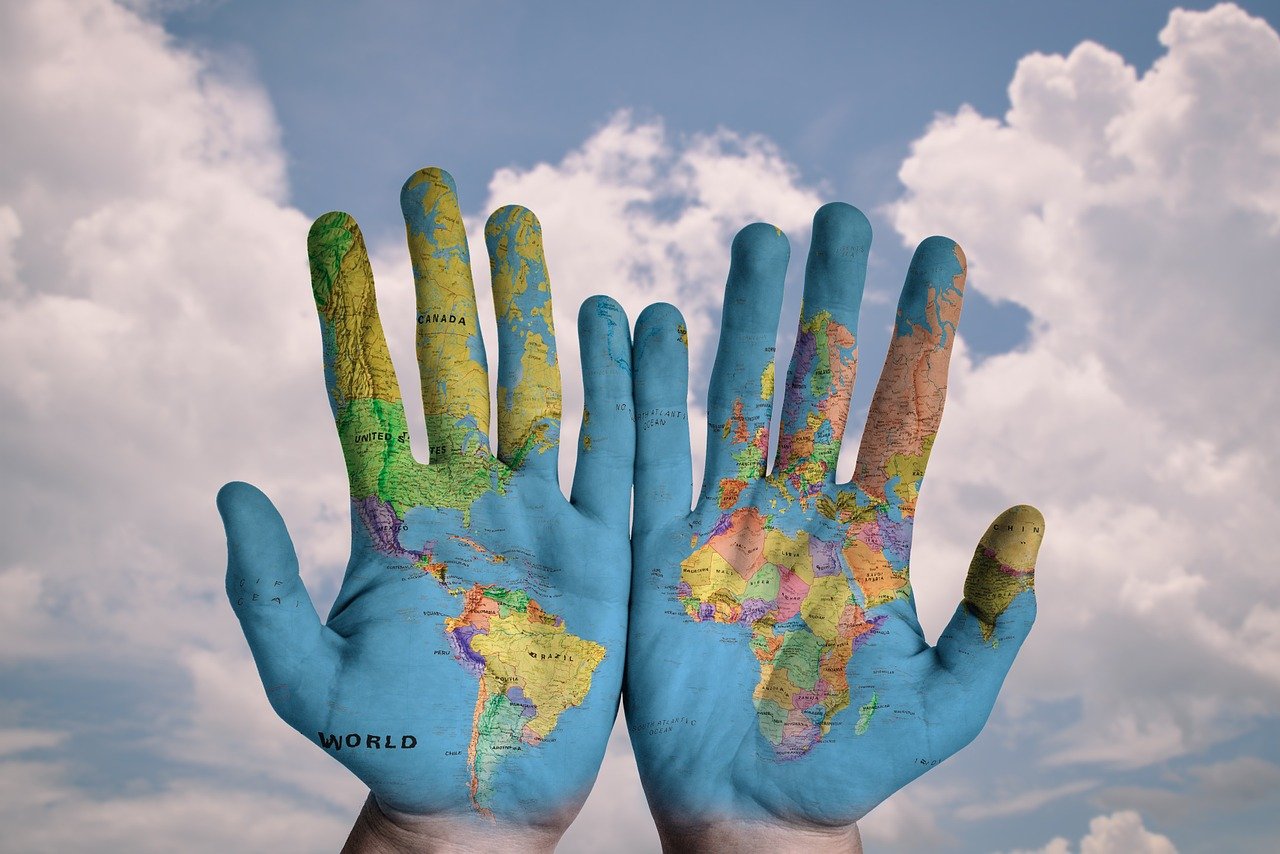
Armed Neutrality
The Swiss’ love for consensus and high conflict avoidance is partly rooted in their History of having become over the centuries a neutral country: Why is Switzerland a Neutral Country?
Swiss neutrality is based on armed neutrality, meaning that Switzerland will use its armed forces in self-defence to defend its independence and territorial integrity but not to enforce interests beyond self-defence. How neutral is Switzerland really?
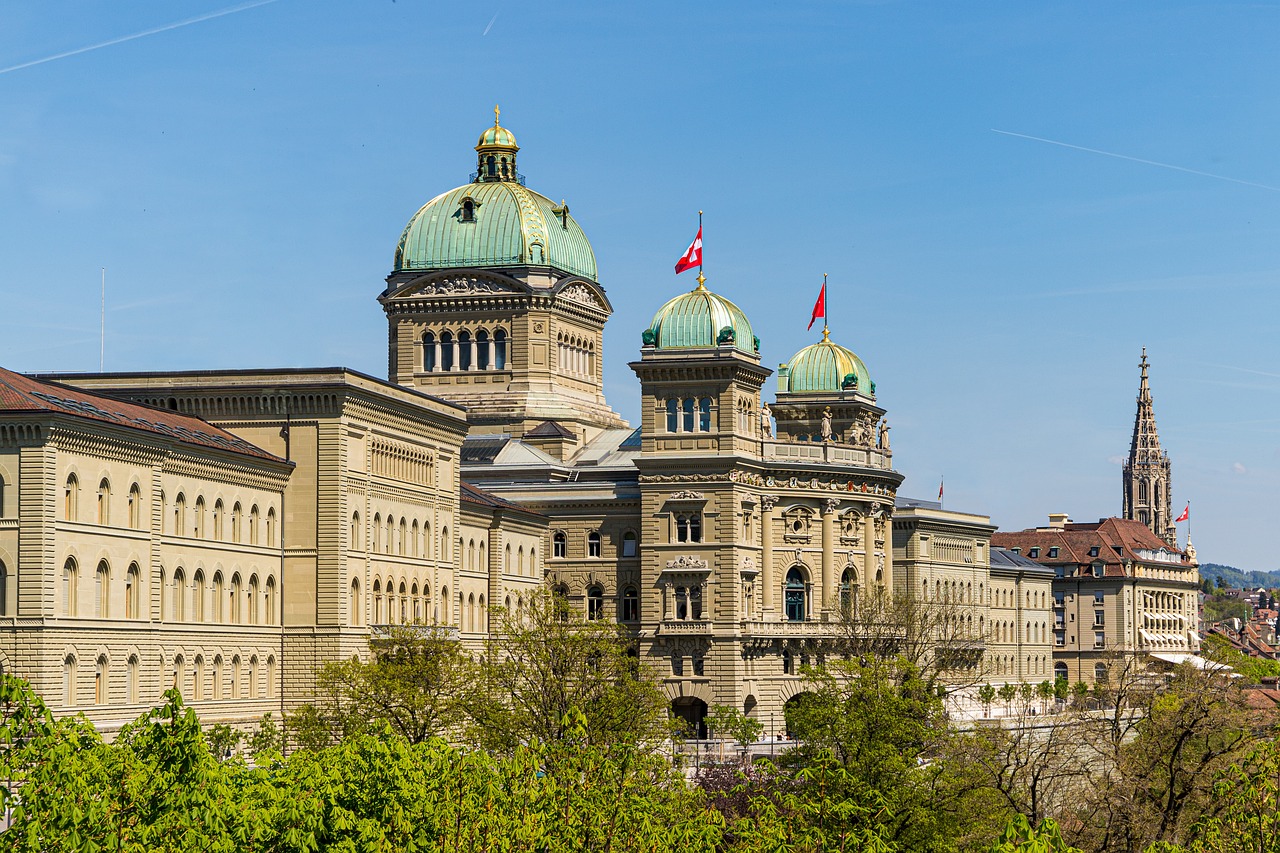
Direct Democracy
In Switzerland the people play a large part in the decision-making process at all political levels: Direct Democracy
Check the website of the Swiss Democracy Foundation that supports greater participation of citizens in the political process, democracy, tolerance and international understanding: Swiss Democracy Foundation
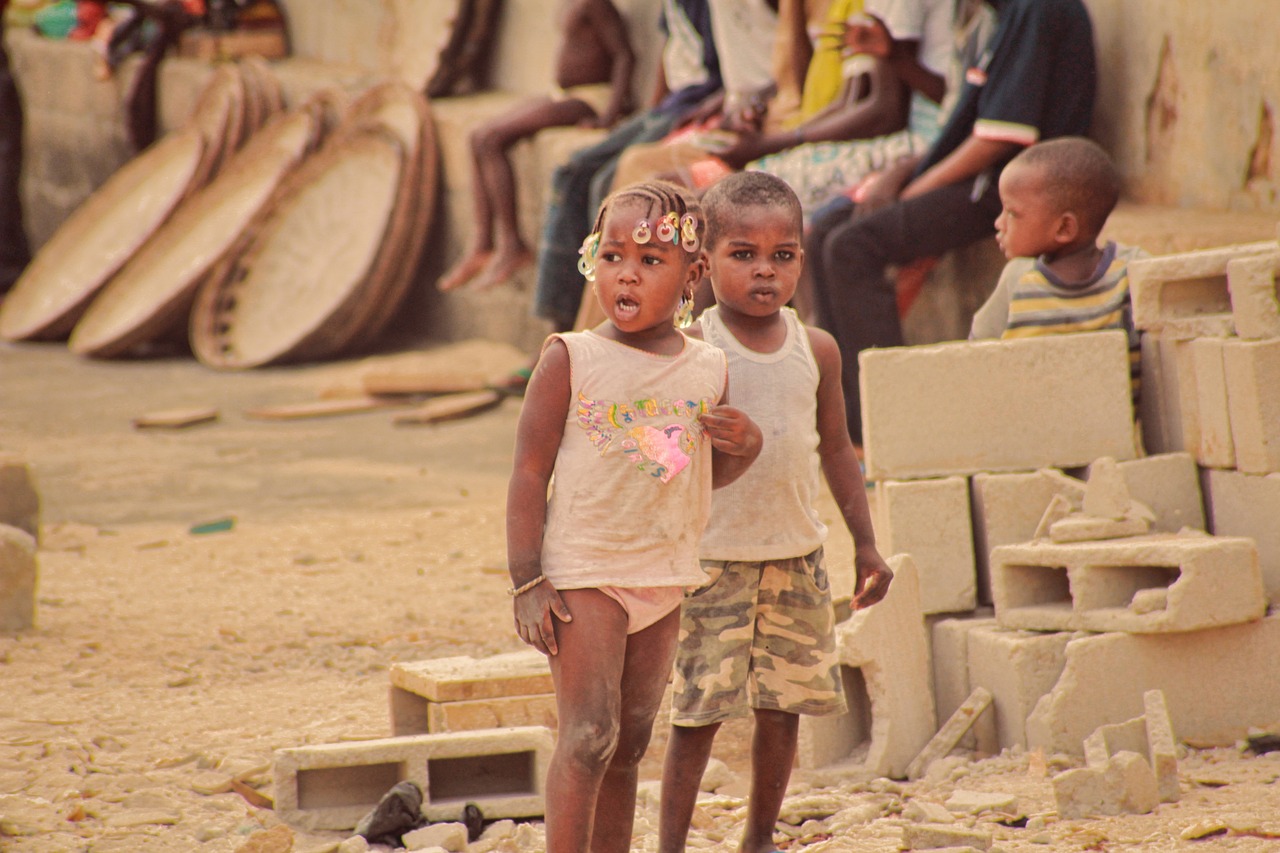
Humanitarian Tradition
For hundreds of years Switzerland has offered asylum to victims of political and religious persecution. This humanitarian tradition has become part of the country’s identity: The Swiss Pround of their Humanitarian Tradition
Switzerland’s humanitarian tradition also has its roots in the founding of the Red Cross, and the Geneva Conventions.
A country open to the world through the Spirit of Geneva
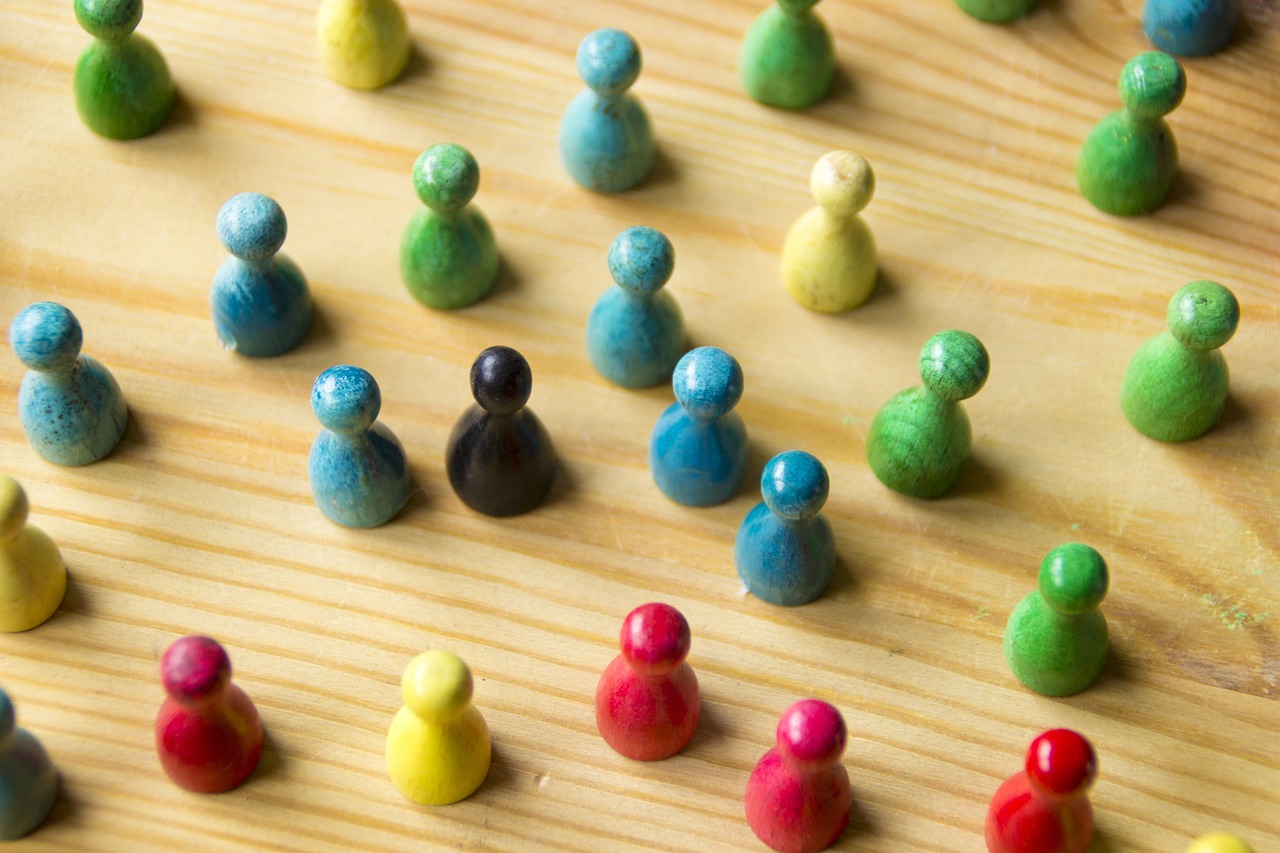
Multiculturalism
Switzerland’s hallmark is a multicultural, linguistically diverse population. Being a small and diverse country, Switzerland has been forced
to develop an understanding of, and a selective openness to, people of different cultures. Apart the Swiss-German, Swiss-French and Swiss-Italian parts of the country, several waves of immigration have made the country one of the most culturally diverse societies in the world. In 2020, about 38% of the permanent resident population had a migration background: Switzerland- a Multicultural Country
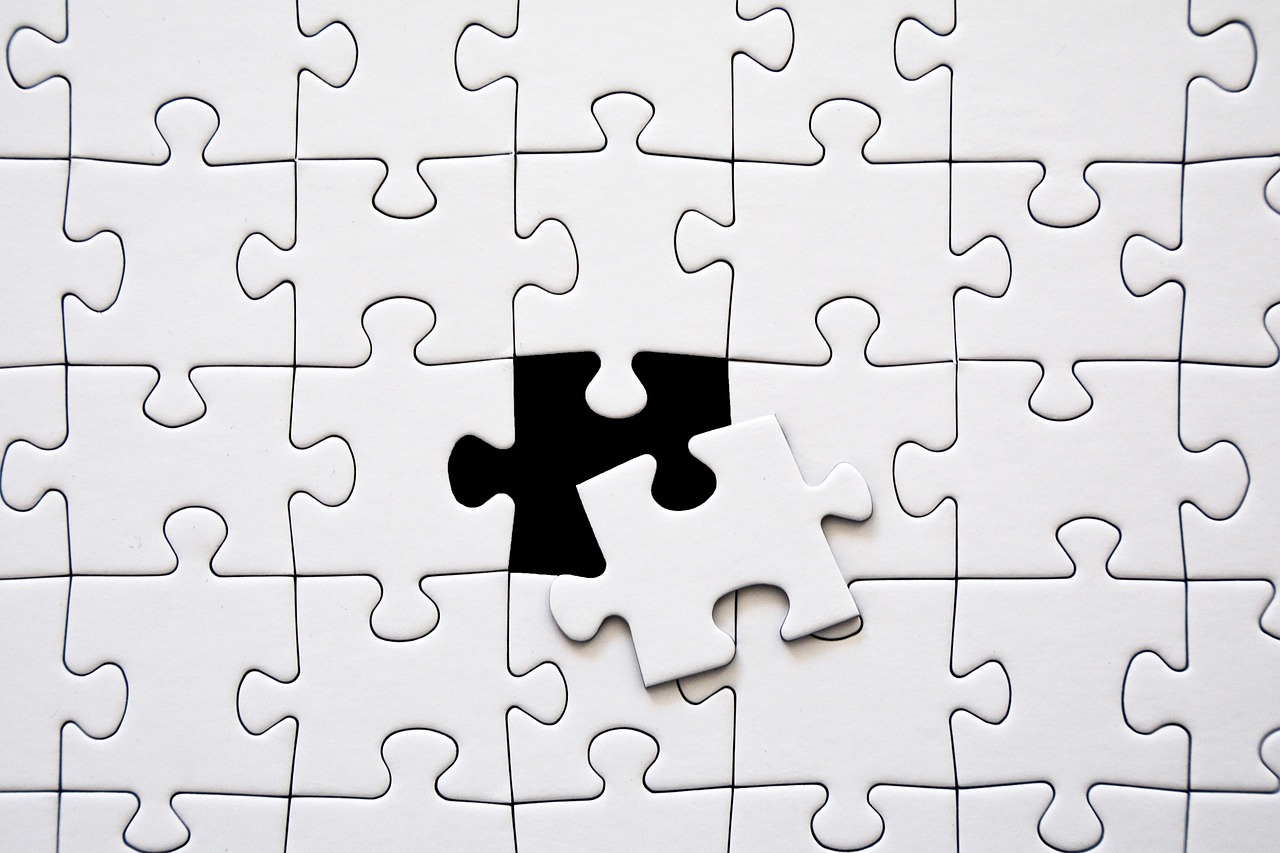
Consensus Democracy
Consensus democracy finds its application mainly in culturally divided societies. It is based on proportional representation, a multi-party system, and a power-sharing executive. The so-called ‘magic fos democracy: The Magic Formula of Switzerland’s Direct Democracy
The Art of Consensus in Switzerland
Consensus is in the cultural DNA of the Swiss. You will also find it’s application in the business world: Why Do Swiss Workers Hardly Ever Go on Strike?
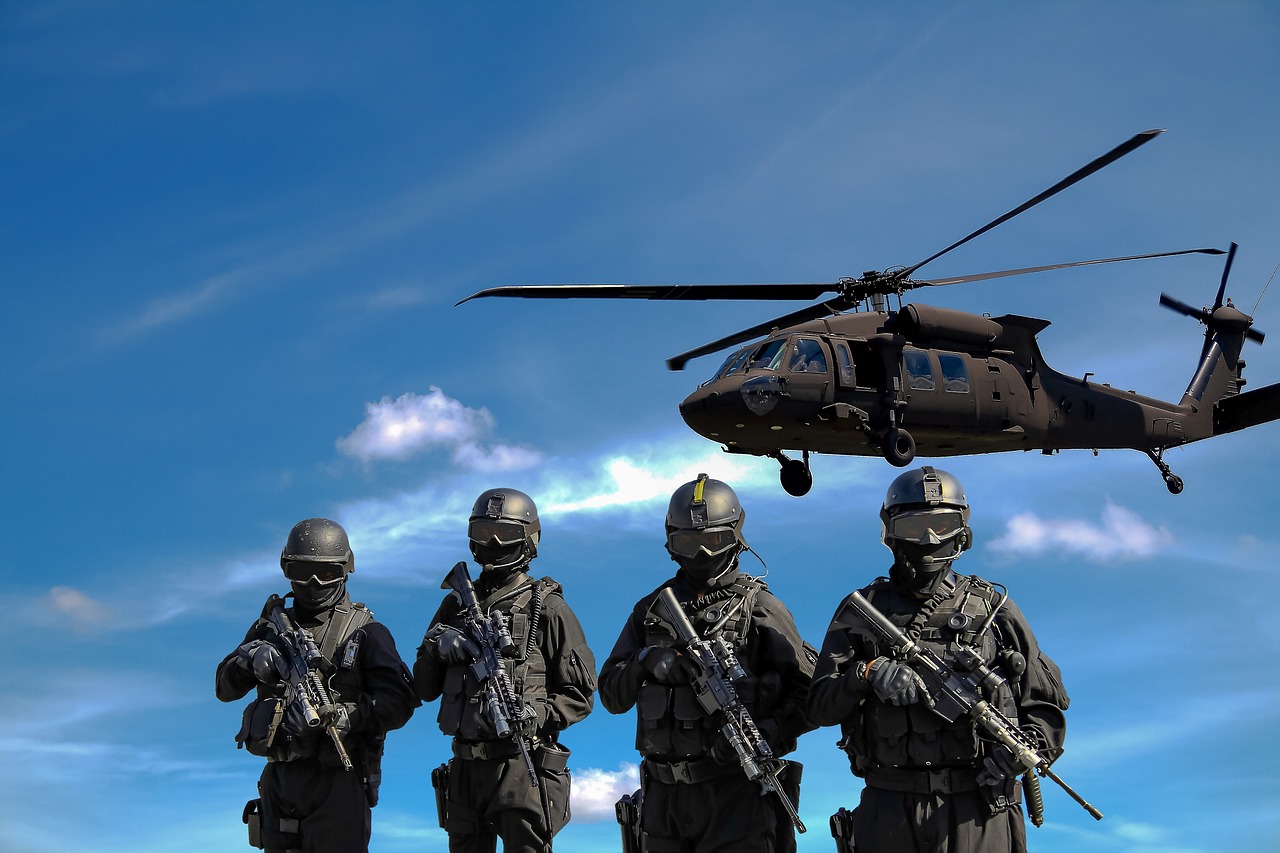
Military Service
Today, the Swiss army is still based on the principle of compulsory military service for all Swiss men. The service starts with 18 weeks of basic military training, during which function-specific skills are also learnt and at the end of which there is a unit-wide exercise. After that, soldiers usually complete six annual refresher courses of 19 days each, until they have fulfilled their military obligation of a total of 245 days of service. Anotther Swiss particularity is the Patrouille des Glaciers, a worldwide famous race: A Mythical Race Through the Heart of the Alps
A NETWORK- For years the Swiss army has played the role of both a school for leaders and a men-only social club, offering young up-and-coming executives the chance to meet important people during army exercises.

Cleanliness
Switzerland’s clean and orderly stereotype is far from being only a stereotype. Thanks to the country’s investment in sanitation, its orderly process of recycling, and stringent cleaning standards when moving houses, the Swiss indeed highly value cleanliness and punctuality.
Also check this article from the BBC about Swiss legendary punctuality: The Nation that Hates to Be Late

Dual Education System
One of the Swiss particularities is its dual education system : in addition to the traditional schooling, in-company apprenticeships are offered and provide young people with an initial foothold in the job market. Apprenticeship- a Swiss Success Story
The key cultural implication is that this system creates a workforce that values pragmatism.
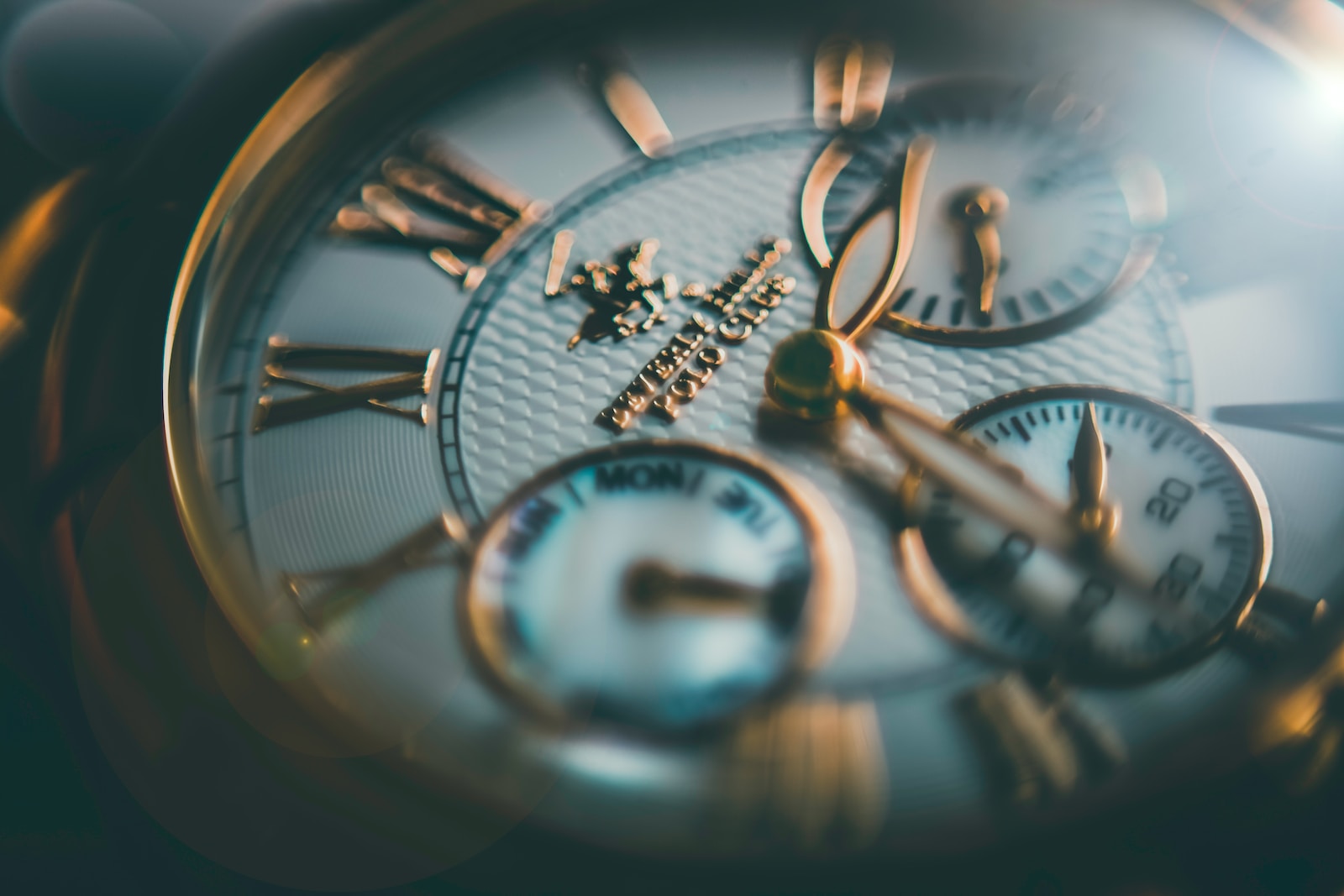
Wealth
A report by Credit
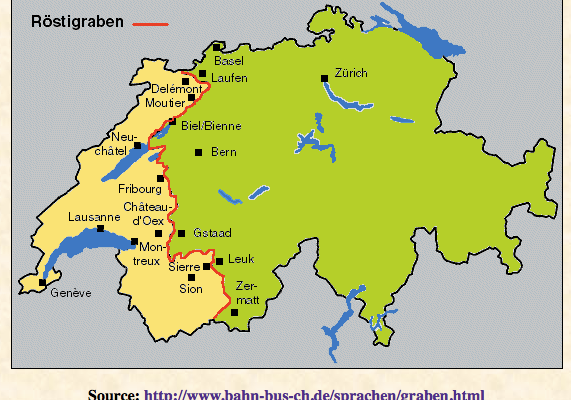
Röstigraben
The « Röschtigraben » is a popular term used among the Swiss to describe the territorial border between German- and French-speaking Switzerland. The Saane river (French Sarine) is the natural border between the two regions. It is used to denote mentality differences in terms of ideas about work, family, leisure, the state between French speaking and German speaking Switzerland, as well as differences in political views which usually manifest themselves in federal referenda: The Rösti Divide- a Barrier that Binds the Swiss
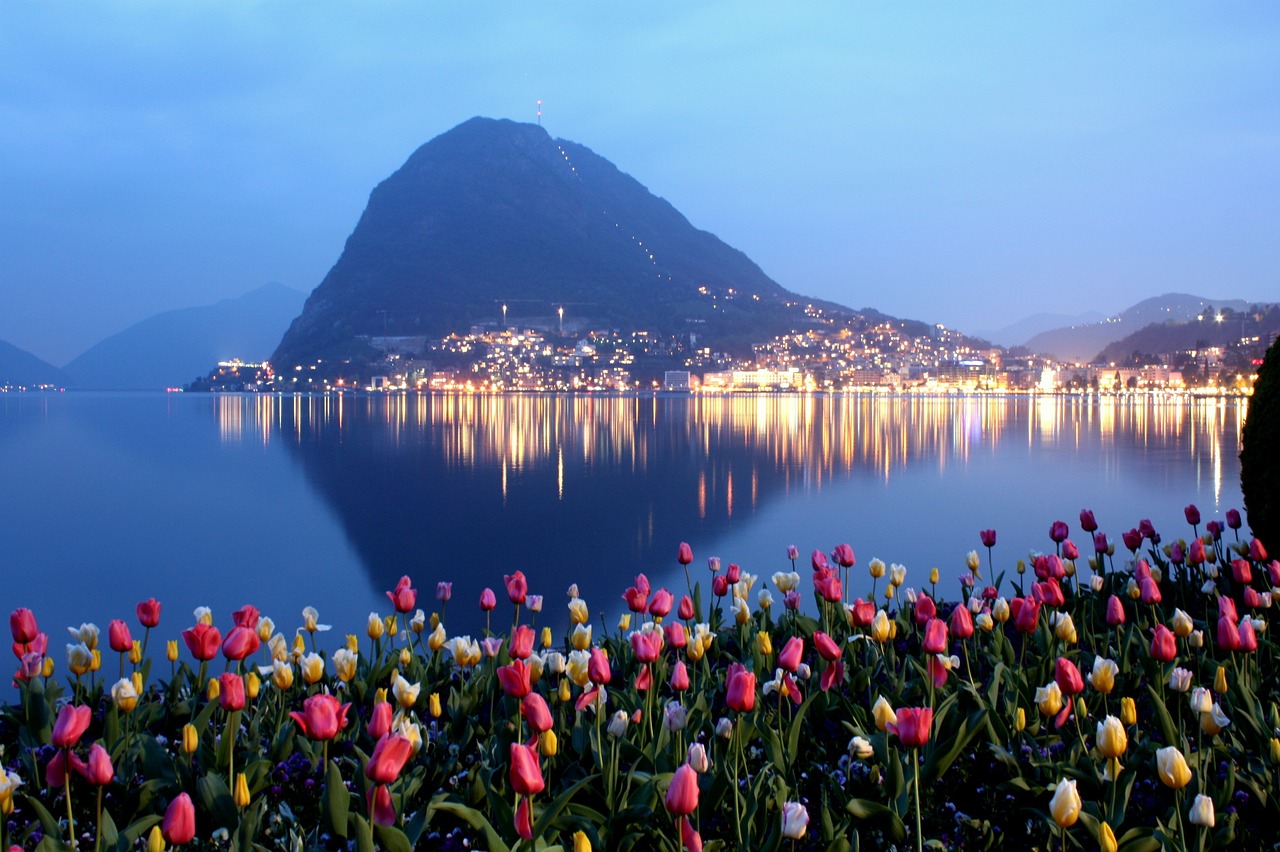
INFOGRAPHICS ABOUT SWITZERLAND
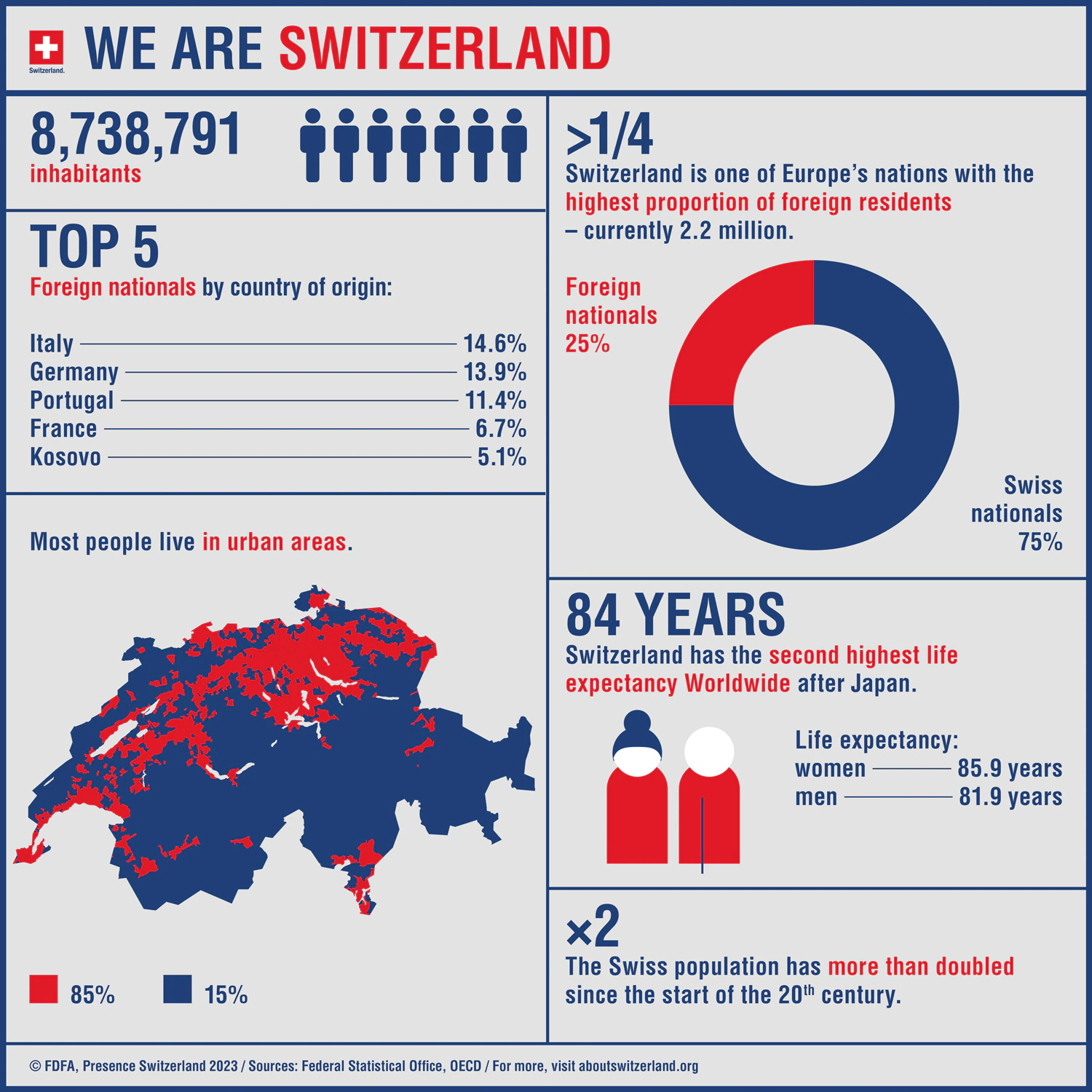
A Multicultural Country
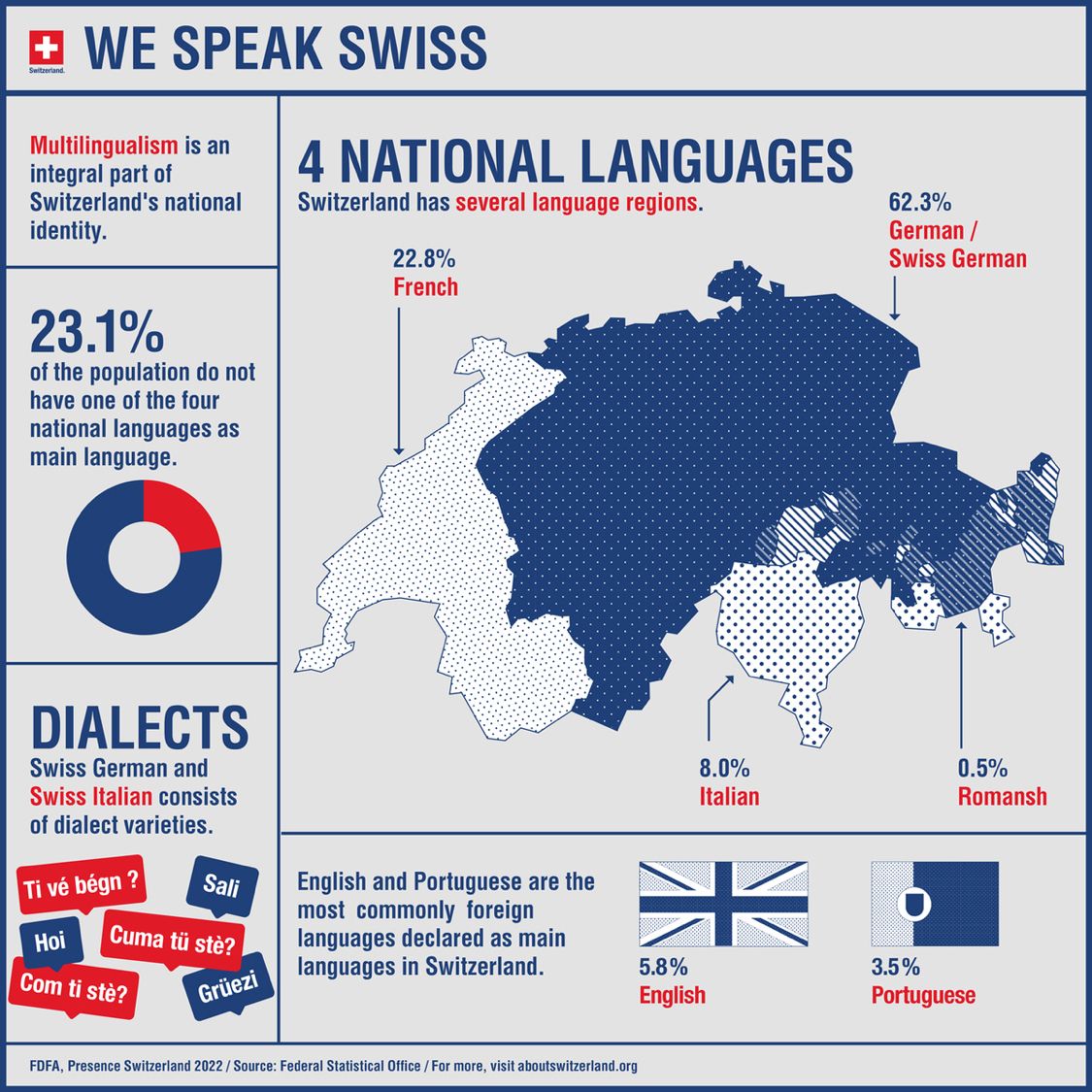
A Multilingual Country
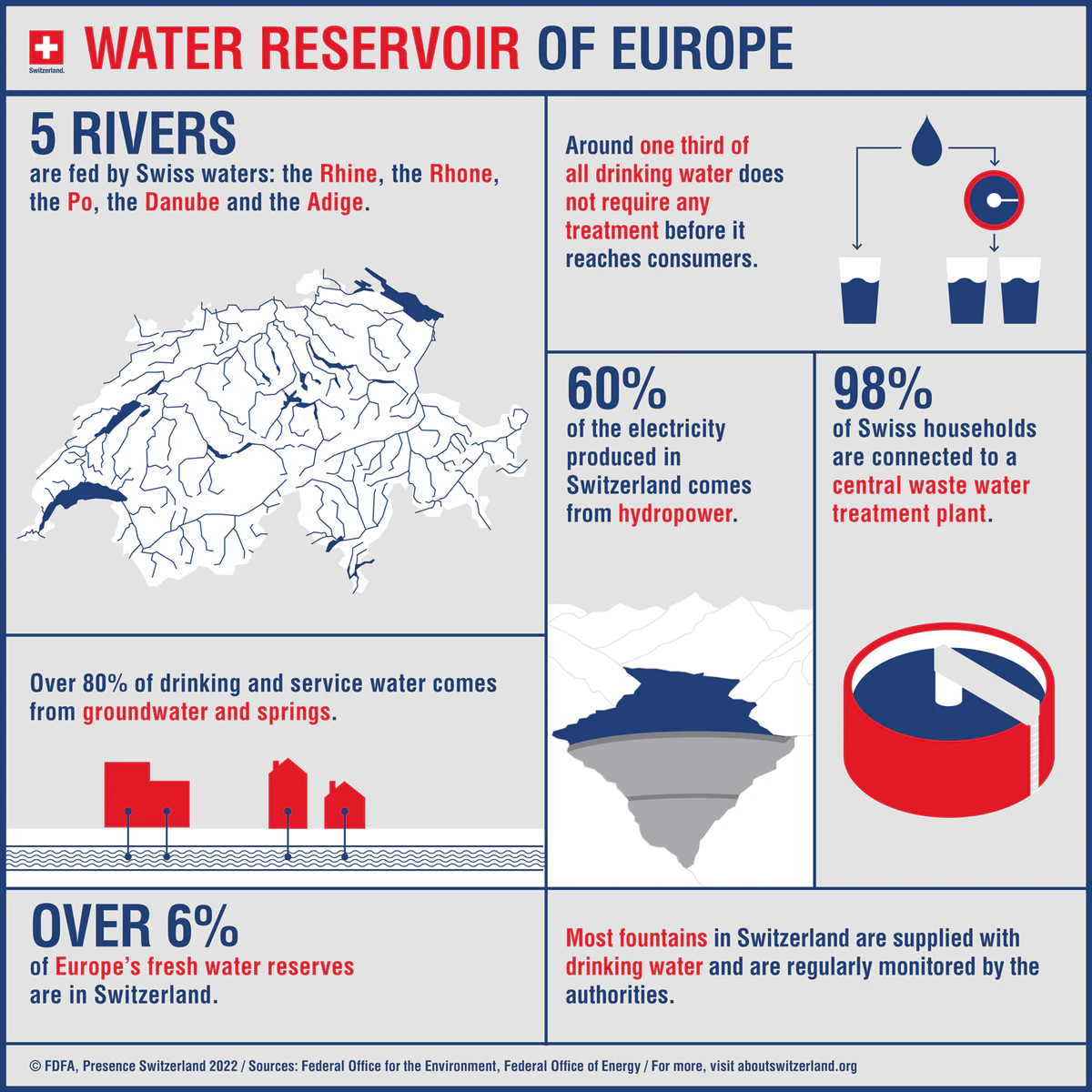
Europe’s Water Tower
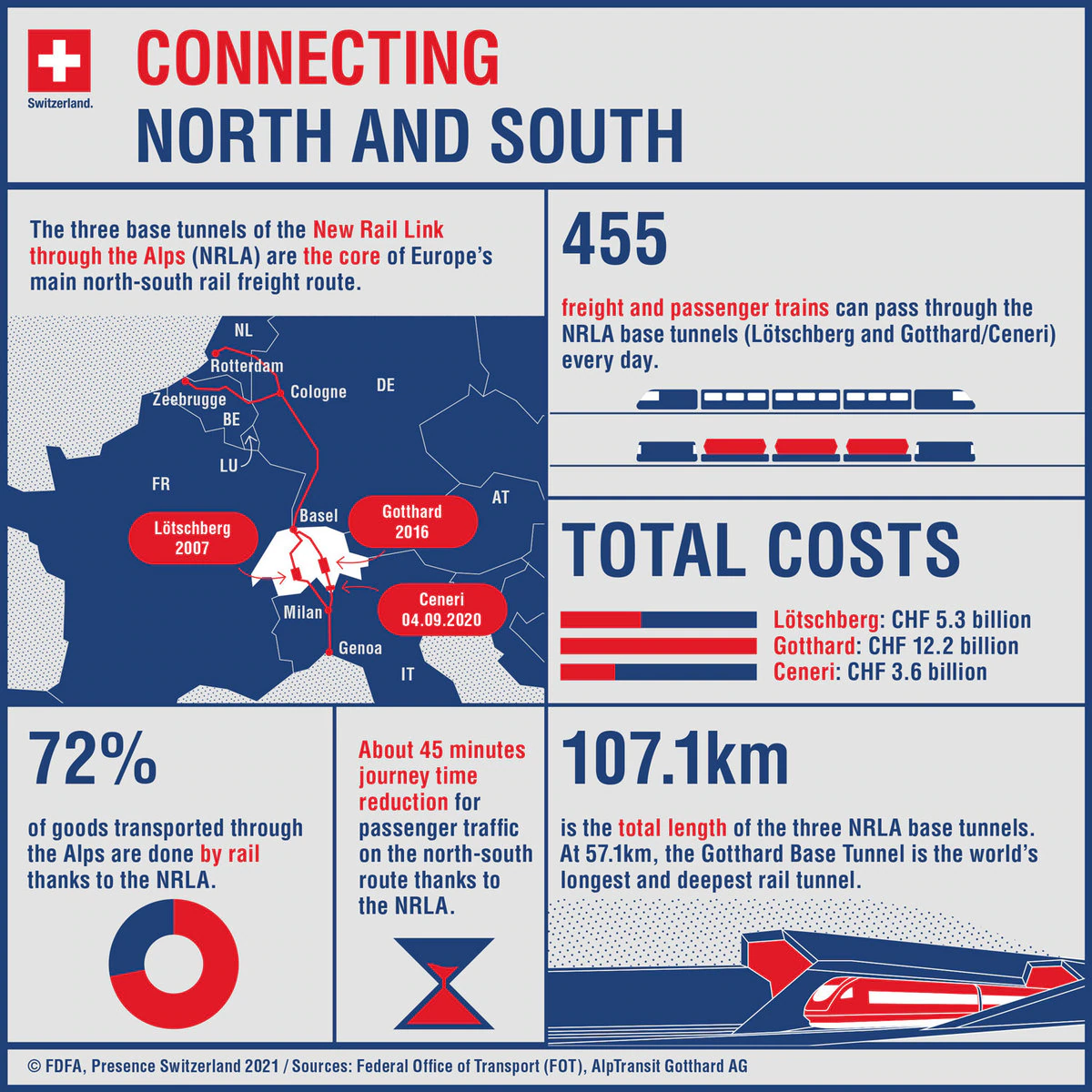
Connecting North & South
Iconic Landscape
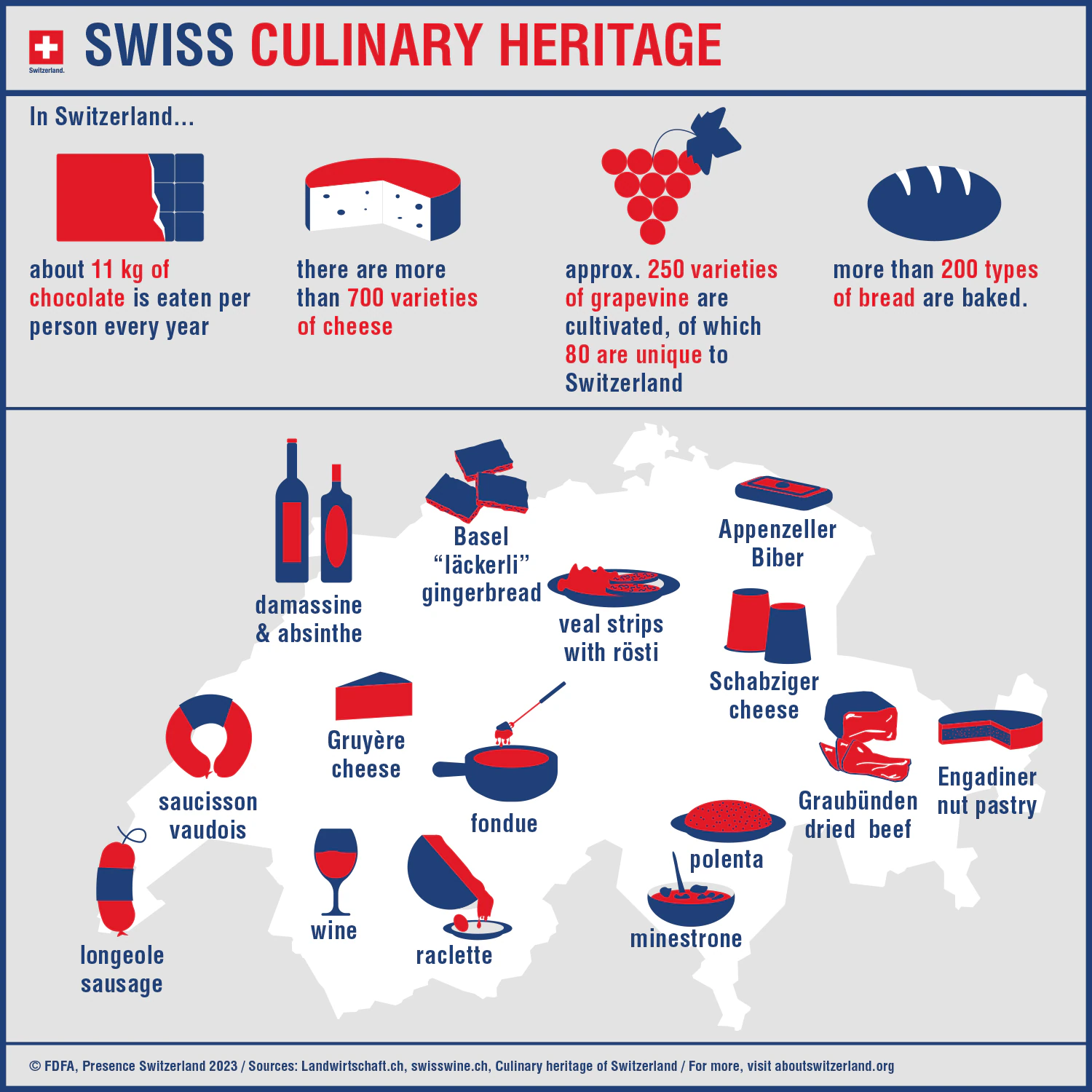
Culinary Heritage
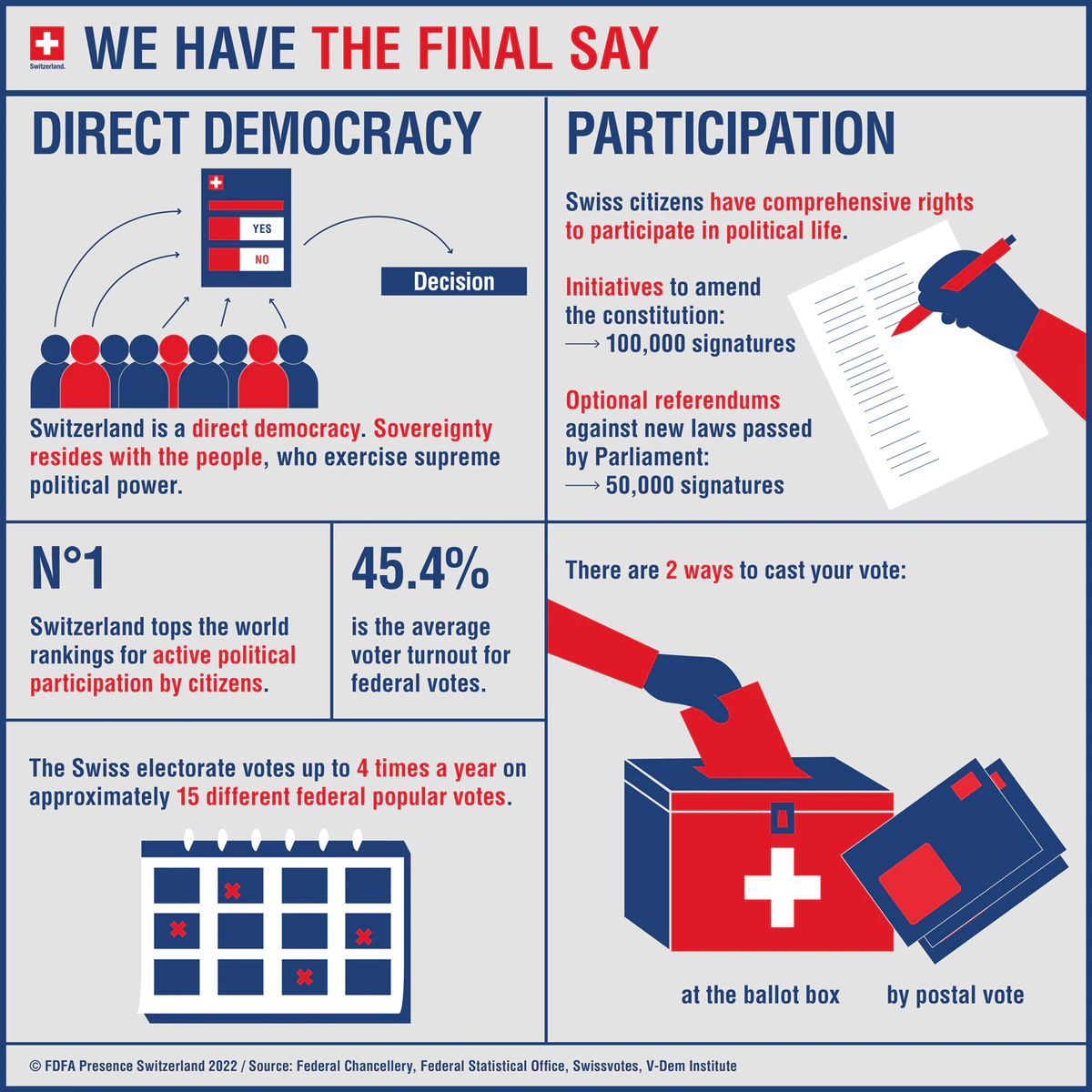
Direct Democracy
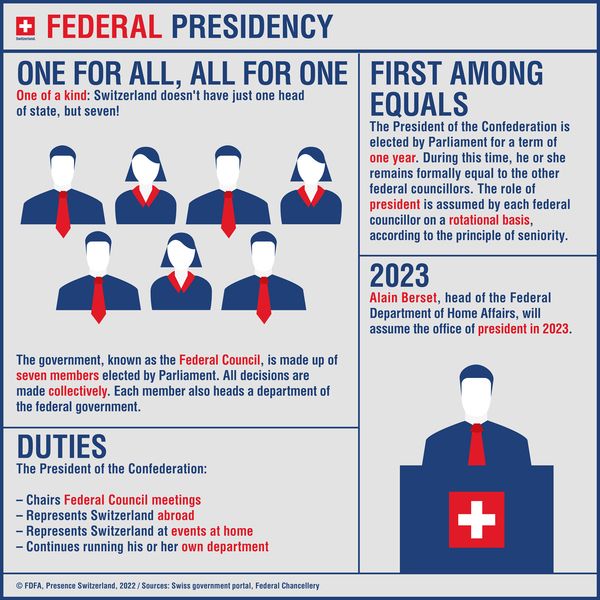
Political Leadership
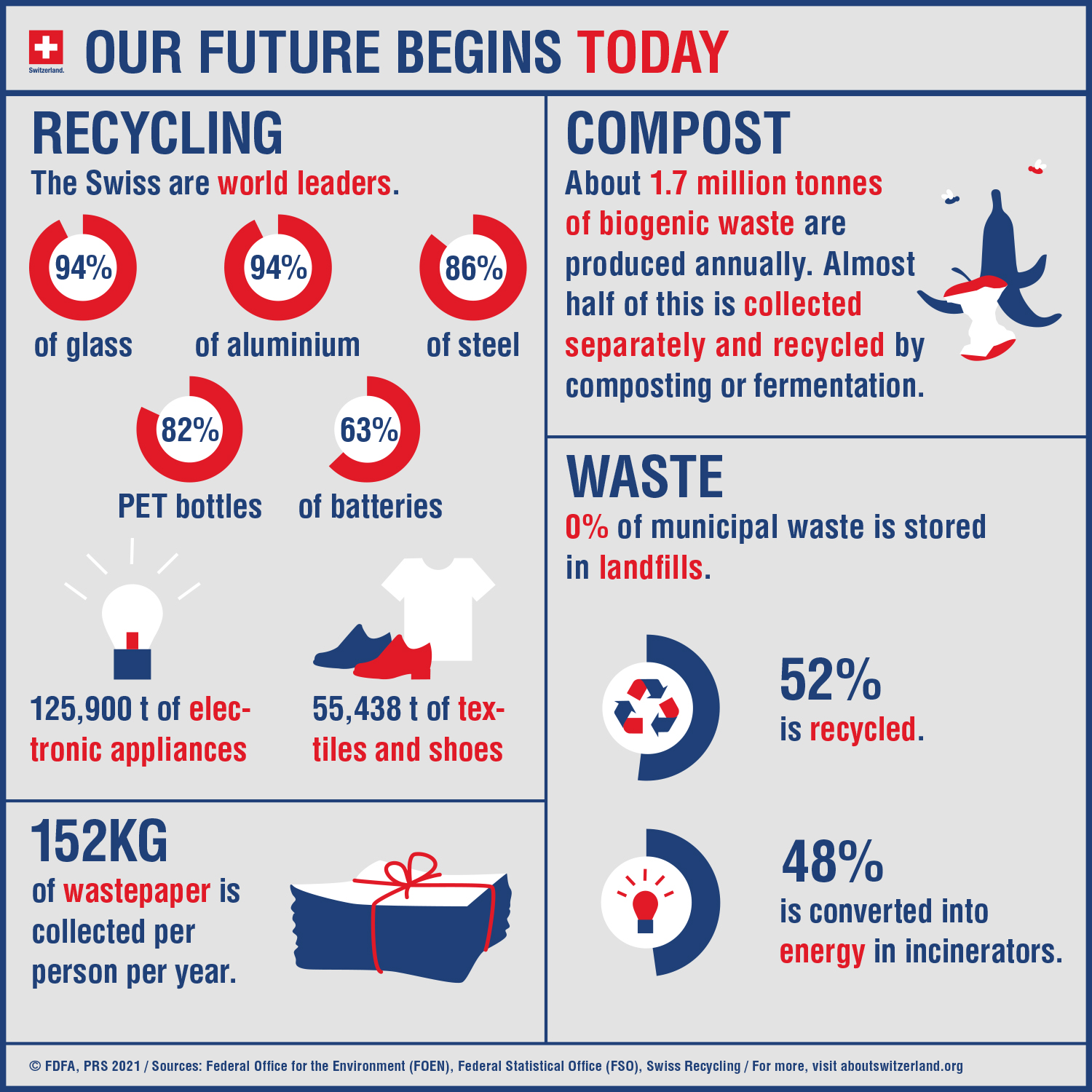
Recycling Champion
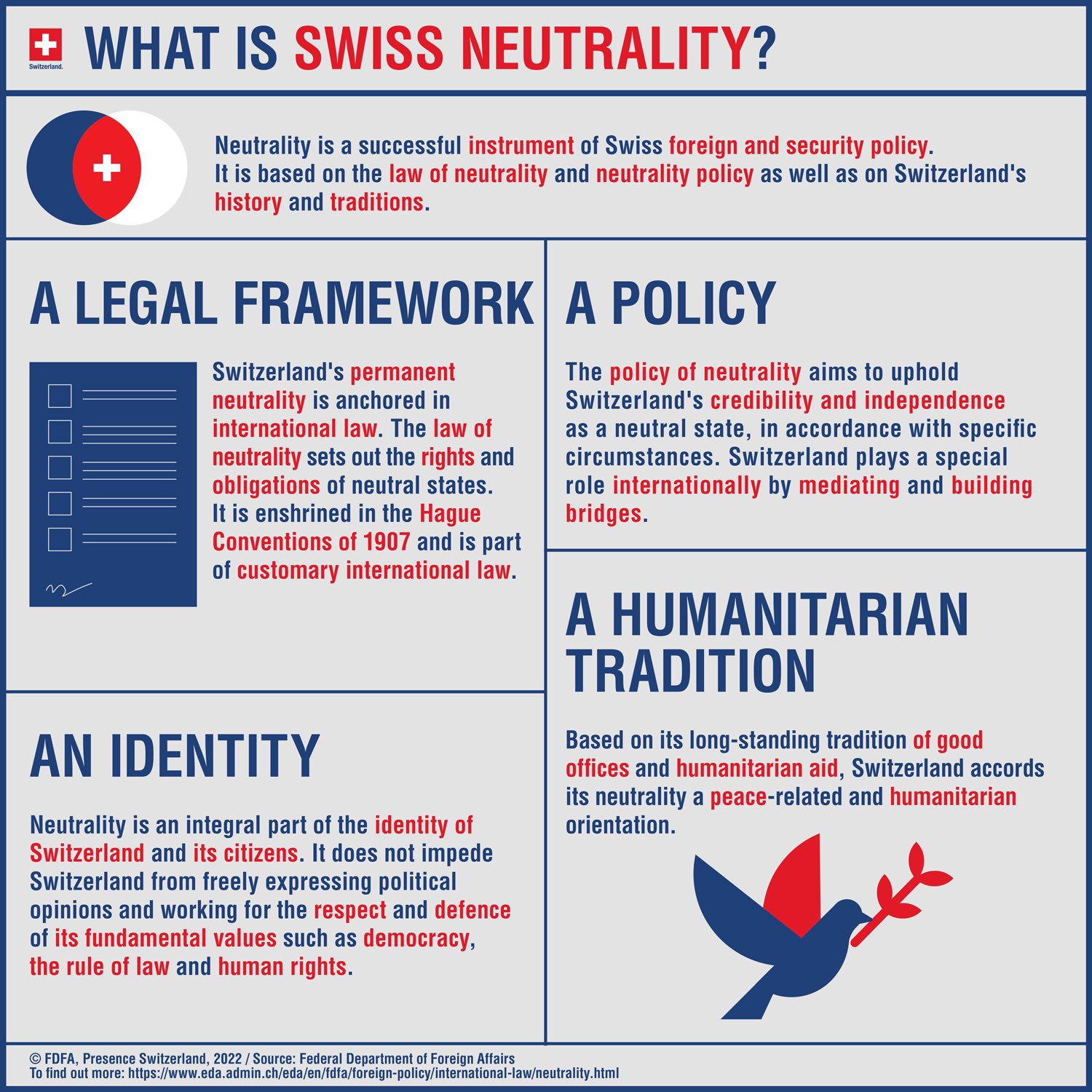
Neutrality
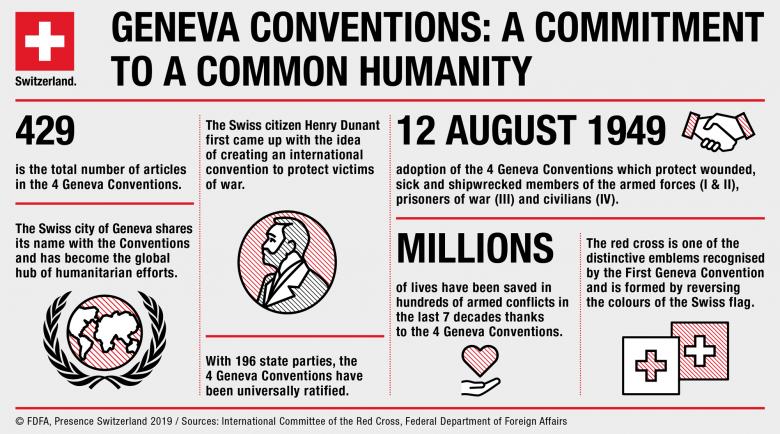
Humanitarian Tradition
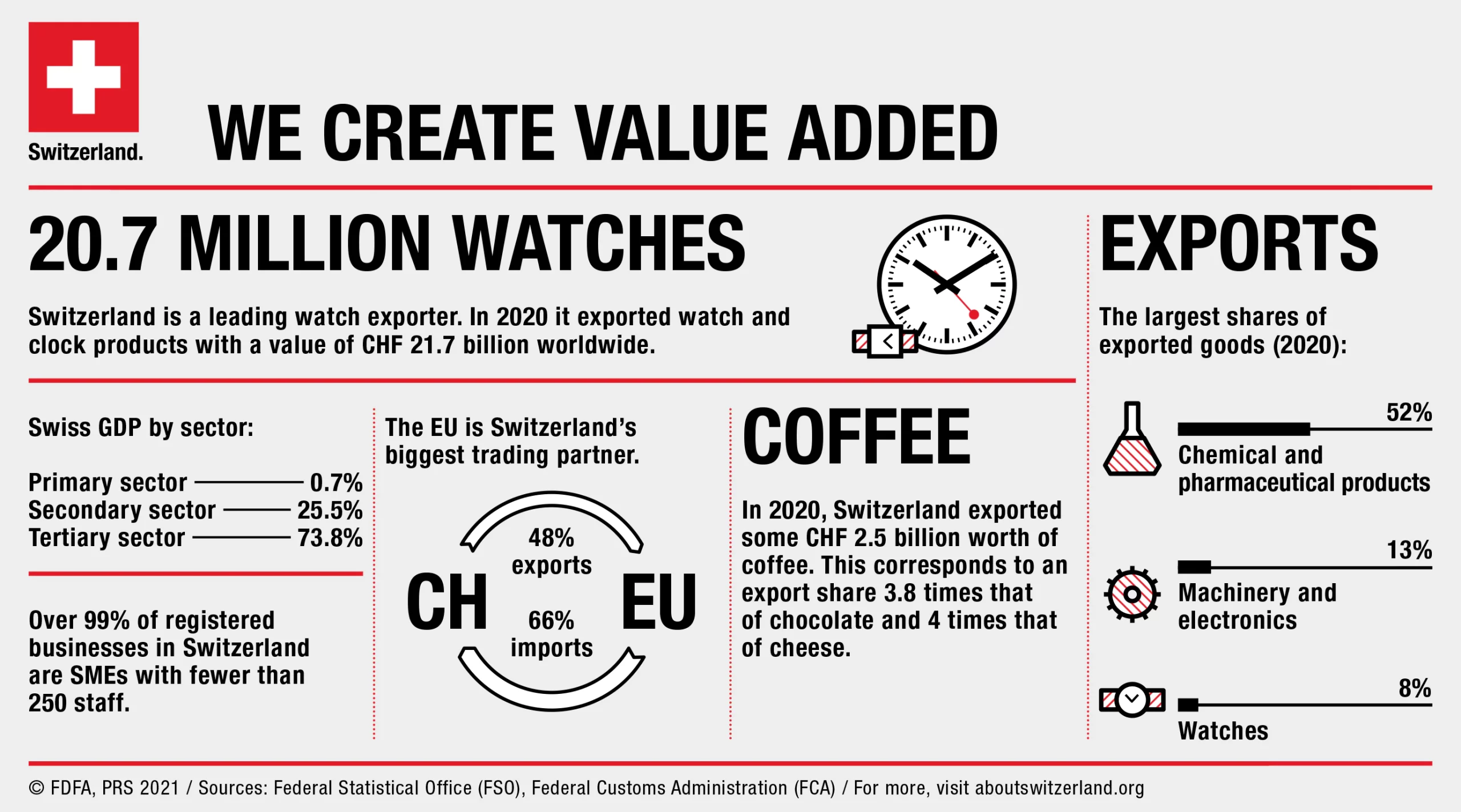
A Rich Economy
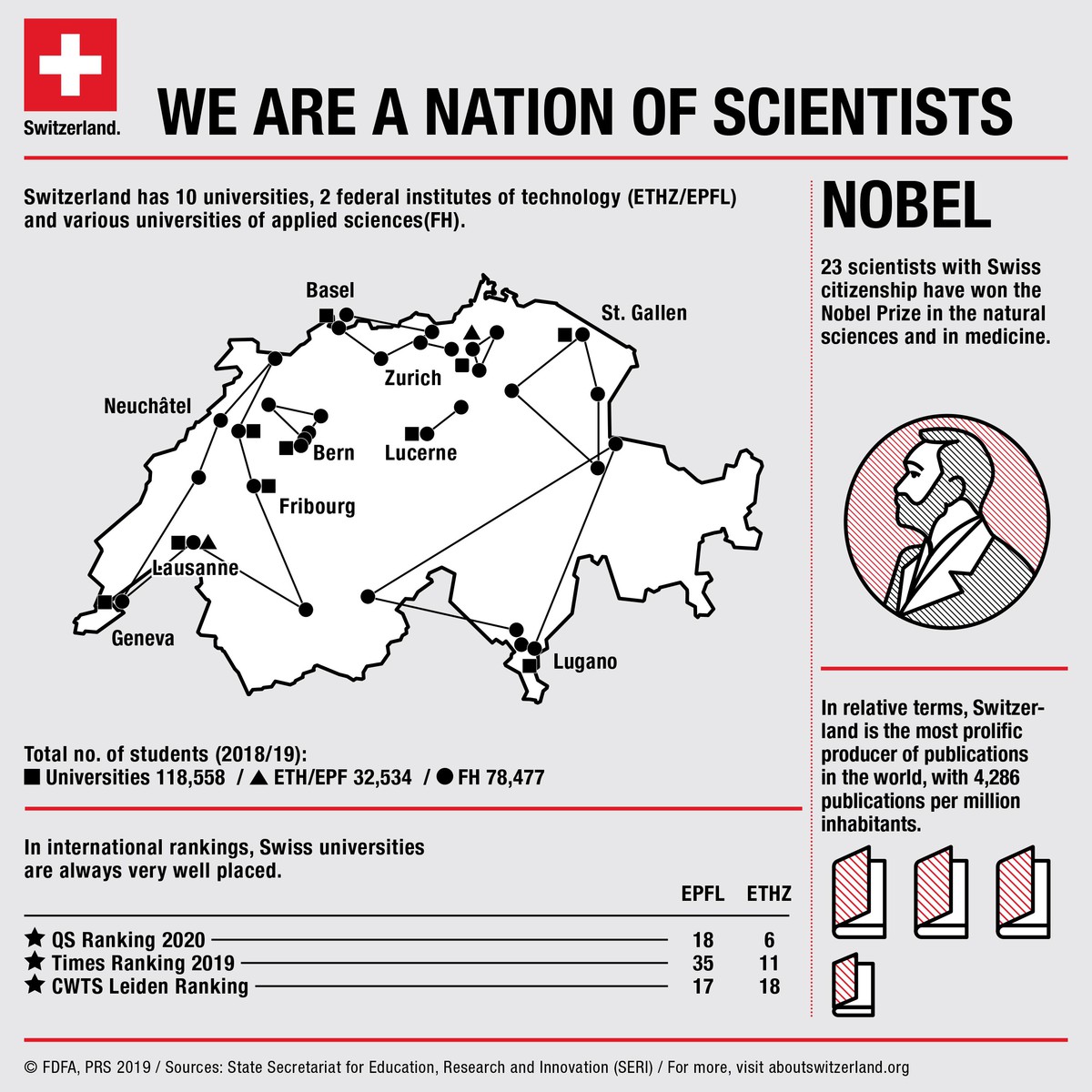
Talent Champion
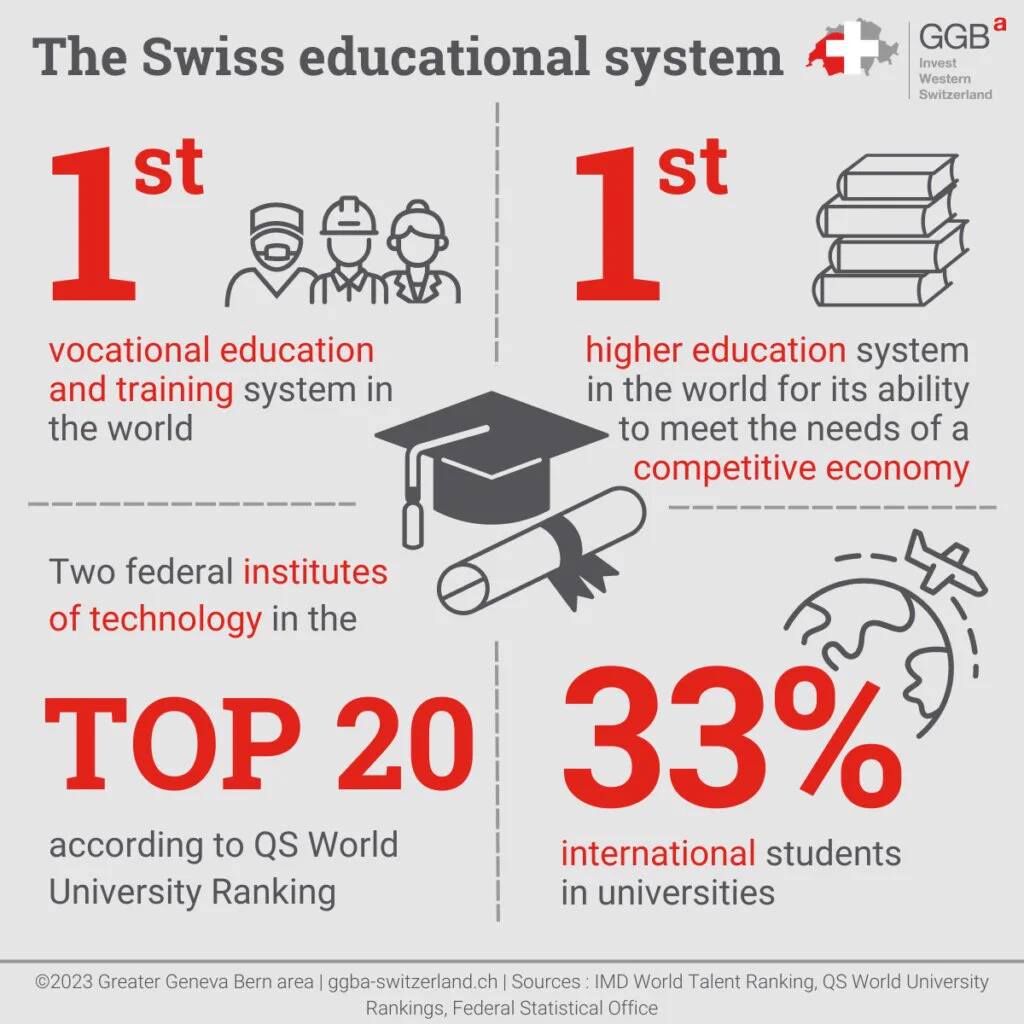
The Swiss Education System
